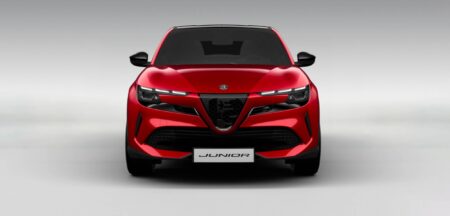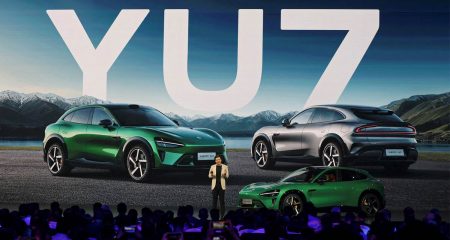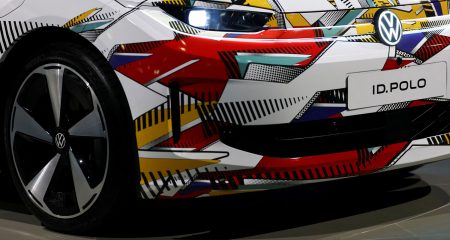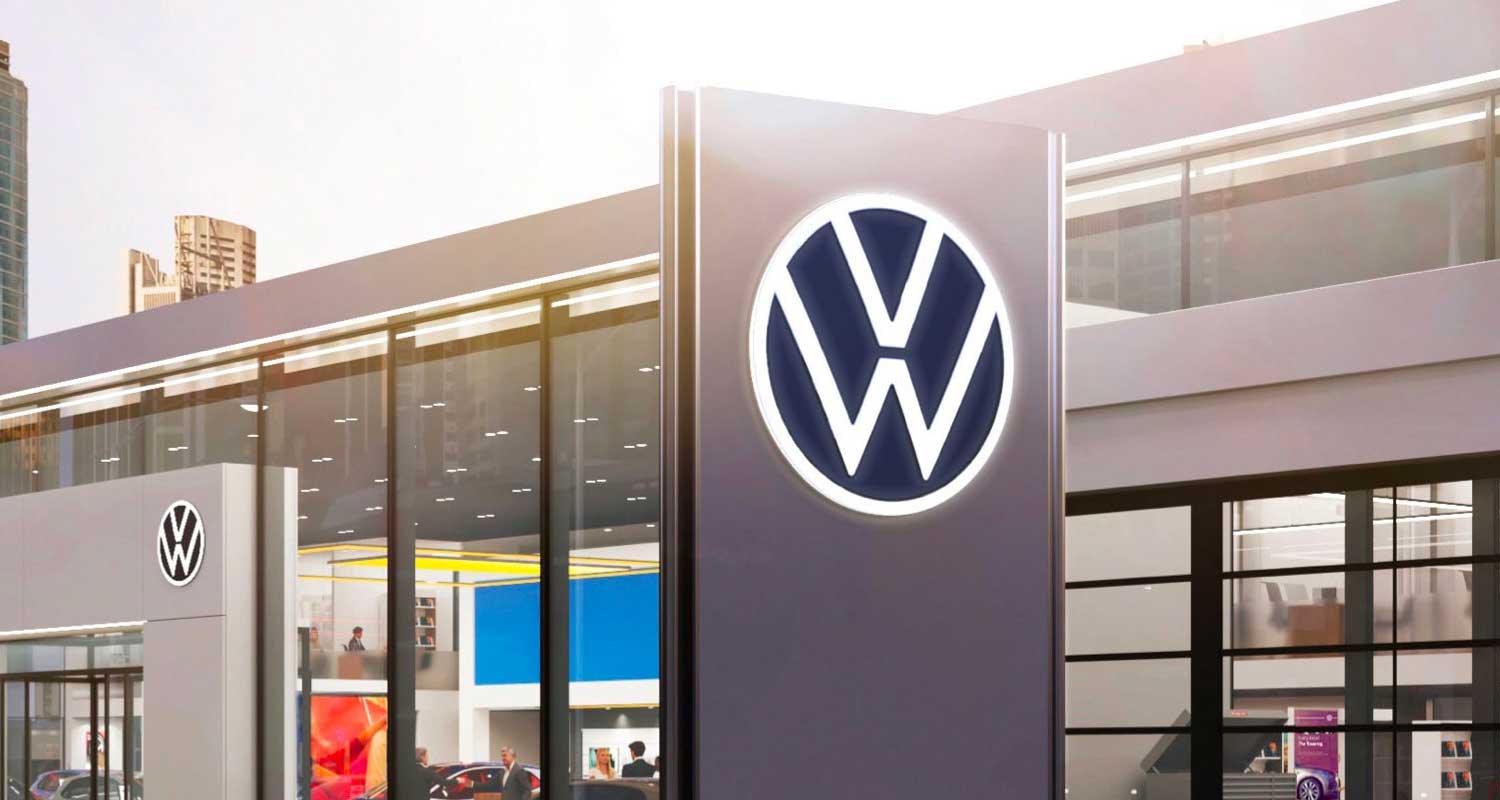 Volkswagen, Renault and Stellantis are thinking the unthinkable — exploring tie-ups with sworn competitors to make cheaper electric vehicles and fend off existential threats.
Volkswagen, Renault and Stellantis are thinking the unthinkable — exploring tie-ups with sworn competitors to make cheaper electric vehicles and fend off existential threats.
As Chinese rivals and Tesla expose competitive weaknesses at Europe’s biggest mass-market car makers, it’s become clear that a sense of urgency is growing and a business-as-usual approach is a losing option.
There’s a “perfect recognition that in the future, the companies which are not fit to face the Chinese competition will put themselves in trouble”, Carlos Tavares, CEO of Stellantis — the company created from the 2021 merger of Italy’s Fiat and France’s PSA Group — said in an interview last week. He has previously said that Europe’s motoring industry faces a “bloodbath” if it doesn’t adapt.
Pushed by a slowdown in the pace of EV adoption, motoring executives are discussing ideas ranging from pooling development resources to bundling businesses across European borders to better compete in the once-in-a-generation shift. The coming months are crucial.
Rather than muscling aside petrol guzzlers, sales of fully electric cars this year are set to grow at the slowest rate since 2019, according to BloombergNEF, with the unexpected stall in momentum intensifying competition. Even for Tesla, the slowdown — which has led to widespread discounting — has made an impact. A 20% share slump this year has erased about US$150-billion from its market capitalisation — more than double VW’s value.
Headwinds for the sector include governments dropping incentives, rental firms baulking at ballooning repair costs and consumers increasingly frustrated with climate policies impacting their pocketbooks. Elections in the US and Europe could further fuel anti-EV sentiment, just as an inflection point approaches.
Pressure builds
In 2025, tighter emissions rules come into effect in the EU, meaning manufacturers need to sell more battery-powered cars or face hefty fines. In an unlikely worst-case scenario, Volkswagen could face penalties of more than €2-billion if it fails to sufficiently reduce fleet emissions, according to calculations for this article based on company and regulatory data.
As pressure builds on European car makers to sell more EVs, China’s state-supported manufacturers are entering the cooling market with models that are often better and cheaper.
BYD’s Dolphin, for instance, is listed at about €7 000 less than a similarly equipped VW ID.3, which the German car maker originally pitched as the Beetle of the EV era. The Chinese manufacturer will underscore its European ambitions by showing off several electric models at the Geneva car show next week, including a luxury SUV rivaling the Mercedes-Benz G-Class.
Read: Tesla said to be working on low-cost EV models
Failure for Europe’s car makers to come up with a working plan B risks upheaval in an industry that employs some 13 million people and accounts for 7% of the EU economy.
“We have spent billions as an industry to make electric mobility possible,” said Holger Klein, who heads ZF Friedrichshafen — a German parts maker that employs around 165 000 people worldwide. “Now the question is: do we have the right parameters?”
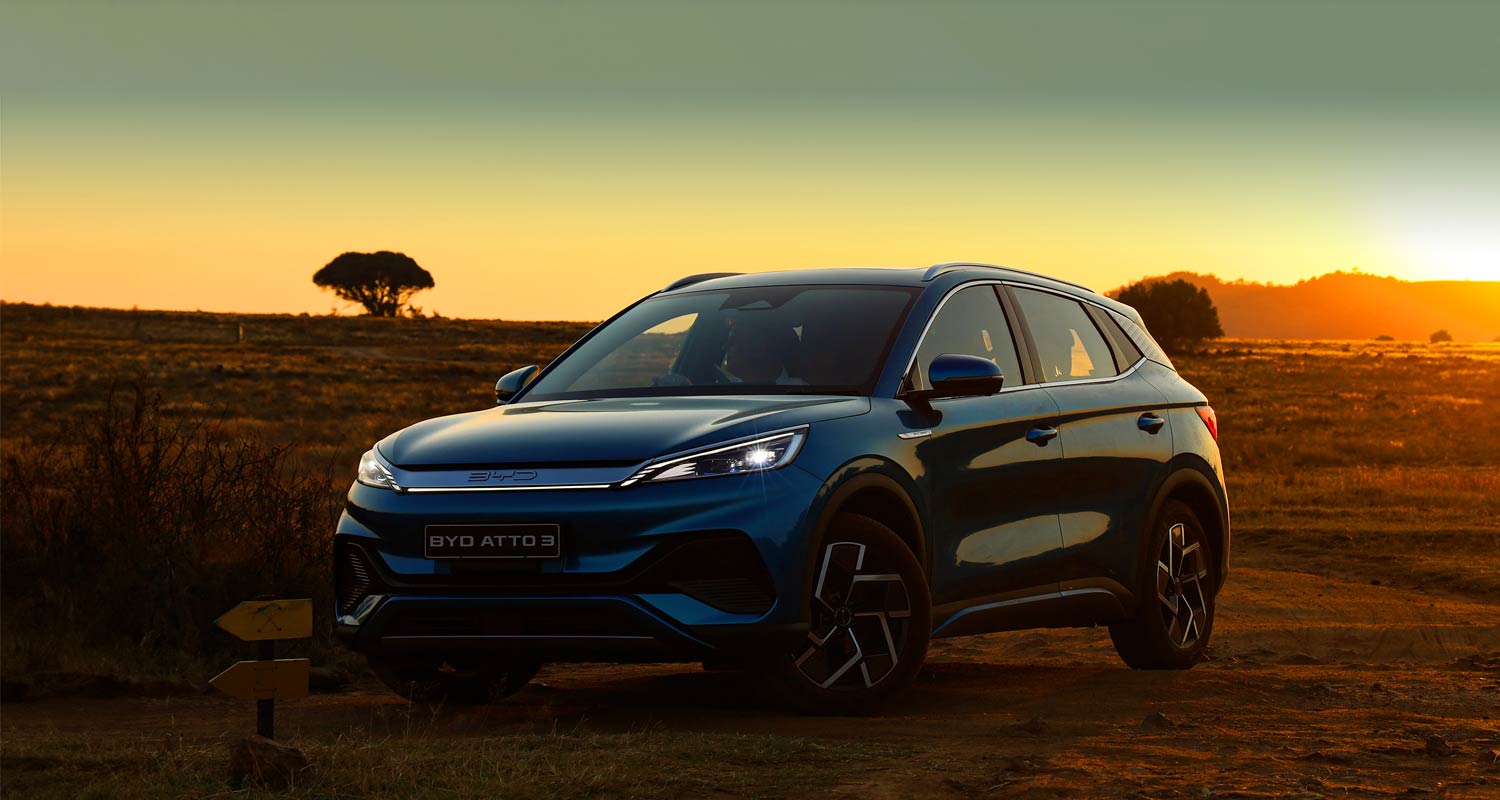
Renault CEO Luca de Meo has been advocating an alliance akin to the tie-up that created a European plane maker to vie with Boeing by pooling assets in Germany, France, Spain and the UK. The executive has argued that an “Airbus of autos” would help share the massive cost of building cheap EVs, while allowing them to benefit from greater scale.
Interest in broader cost sharing rose late last year, when Renault presented a concept for an electric city car that would cost less than €20 000 — half the price of VW’s ID.3. De Meo’s initiative is inspired by Japan’s kei cars. The popular mini vehicles are built by several manufacturers and get preferential treatment from regulators.
Different approaches are emerging. Stellantis’s Tavares has openly discussed an interest in mergers and acquisitions, whereas others are more focused on less-thorny collaborations.
Renault’s de Meo downplayed speculation on a major combination last week, saying agility is more important than size. He confirmed that talks on a joint EV platform are taking place “left and right”.
“We’re very open to share that kind of investment because it’s very difficult to make money with small cars,” said de Meo, who has previously worked for Volkswagen as well as Fiat. “We’re trying to find a way.”
A shake-up in Europe could spill over to the US, where General Motors and Ford also are paring back EV investment and have indicated they’re open to partnerships with peers. President Joe Biden’s administration is considering giving manufacturers more time for the shift to electric cars, the New York Times reported over the weekend.
As they’ve dialed back investment plans, traditional car makers have returned more money to shareholders, indicating a lack of resources isn’t the issue. GM, Ford and Stellantis spent a combined $22.7-billion buying back shares and paying dividends last year, while Renault last week proposed its biggest shareholder payout in five years.
Souring EV sentiment
It wasn’t supposed to work out this way, when the EU approved plans last year to effectively halt the sale of new combustion-engine cars from 2035. There are a number of reasons for souring EV sentiment. Consumers got glitchy software and unexpectedly high operating expenses. Because of maintenance complexities, insuring an EV costs more than a conventional vehicle — twice as much in the UK, for example. But affordability might be the biggest hurdle for mainstream buyers.
The slump is only expected to be temporary, though, as battery technology and charging infrastructure improve, according to Colin McKerracher, an analyst at BNEF.
Still, the misalignment between expectations and reality is causing pain. At its electric-car hub in the eastern German city of Zwickau, Volkswagen let go more than 200 temporary workers and cut a shift on one of its assembly lines.
Read: The US is getting antsy about Chinese cars
The talks on EV cooperation may prove critical for Volkswagen as the auto giant struggles despite massive investment. In the aftermath of the 2015 diesel scandal, Europe’s largest car maker laid out what was arguably the industry’s most ambitious EV push under then-CEO Herbert Diess. But buggy software delayed key electric models, contributing to his ouster in 2022.
His successor Oliver Blume walked back many of the initiatives, including scrapping a €2-billion factory in Germany. Executives have told workers to prepare for additional cost cuts this year.
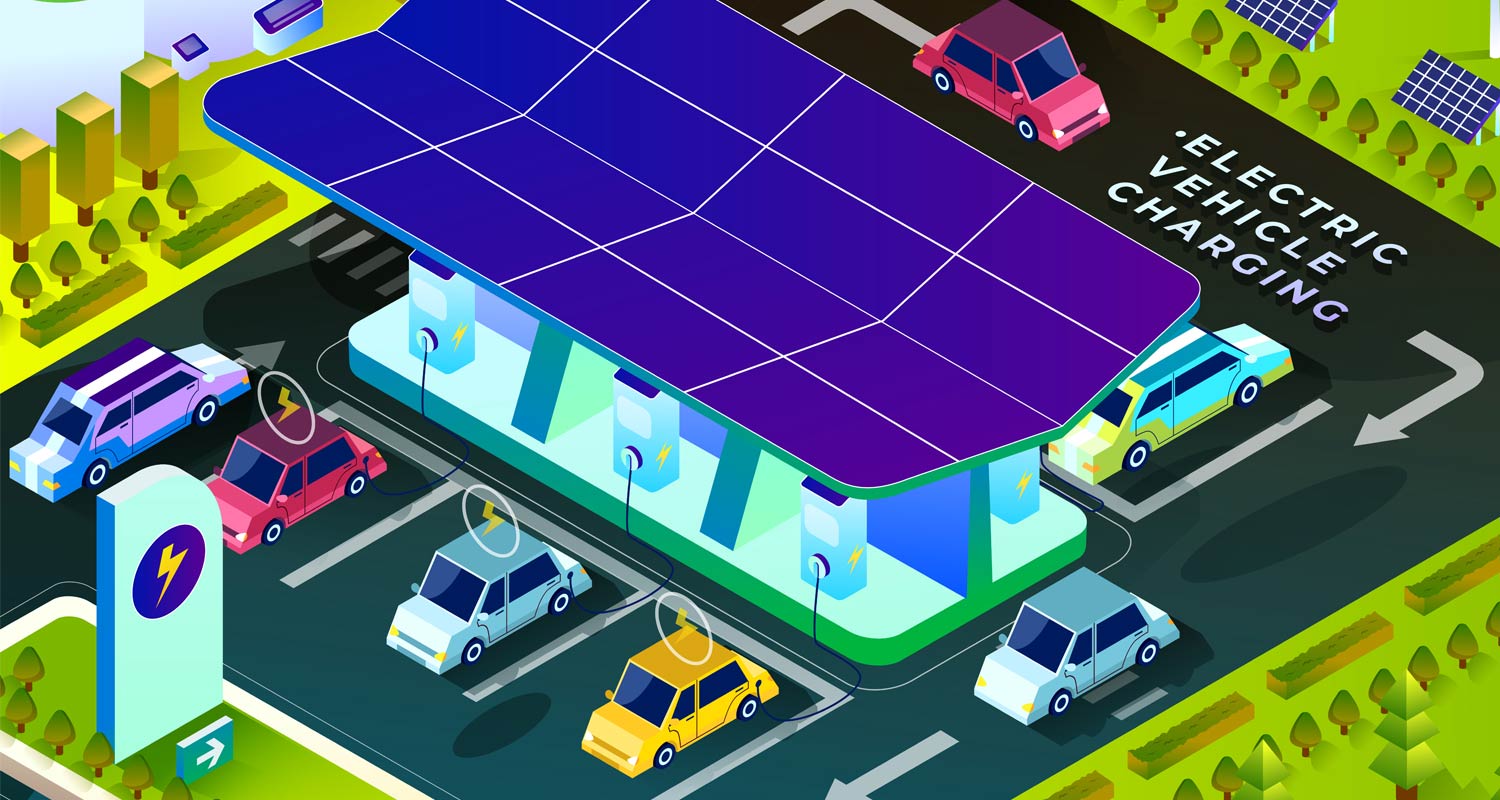 Unless they can get strategies back on track, Europe’s car makers risk falling further behind, and the effort to meet regulatory rules might mean handing more money to Tesla to buy emissions credits — literally money for nothing.
Unless they can get strategies back on track, Europe’s car makers risk falling further behind, and the effort to meet regulatory rules might mean handing more money to Tesla to buy emissions credits — literally money for nothing.
They may have one last shot. VW, Stellantis and Renault are all independently working on models costing €25 000 or less, while Mercedes and BMW plan to roll out several new EVs with improved technology by mid-decade.
The last resort might be appeals for more trade and regulatory protection. The EU is due to review plans to phase out conventional cars, and manufacturers are already preparing a coordinated lobbying effort soon after European parliamentary elections in June, according to people familiar with the matter. The European Commission is already investigating the extent to which China has supported its EV industry in a probe that could result in the levying of additional tariffs as early as July.
Read: Rental giant Hertz dumps EVs for petrol cars
While delaying the end of the combustion-engine car might offer respite, it won’t fix the competitive issues bogging down Europe’s transition into the electric era.
“Among CEOs and in boardrooms, there’s a lot of nervousness and a lot of wait-and-see in terms of how 2024 pans out,” said Alexandre Marian, a managing director at AlixPartners in Paris. — Albertina Torsoli, Stefan Nicola and Monica Raymunt, with Elisabeth Behrmann and Craig Trudell, (c) 2024 Bloomberg LP


